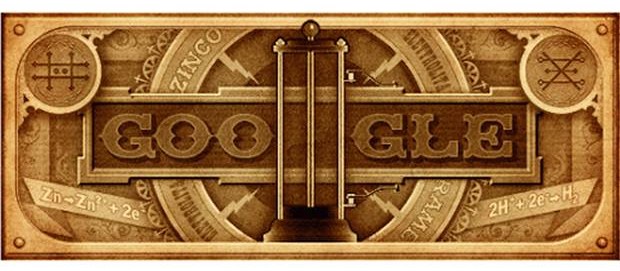N IT COMES to text-based communication tools, we’re experiencing a kind of Cambrian Explosion. Emoji has long gone mainstream, leading to a wave of niche Ikea emoticons and Saturday Night Live pictograms. Even this week’s New Yorker is a riff on emoji.
Amidst all this frivolous growth, it’s a welcome relief to find an app that gives you a shorthand to say what you really need to say—which, if we’re being honest, is oftentimes no more than: “kk,” or “damn.” That’s the premise of Lazyboard, an Android keyboard extension that lets you swiftly get one-tap access to all the lazy text lexicon you’re already relying on anyway.
device-2015-03-23-222839_framedClick to Open Overlay Gallery
Lazyboard
“I realized that on an off day, I type ‘k,’ ‘kk,’ ‘hmm’ and ‘lol’ more than anything else,” says developer Prem Adithya. “I also saw that these words were used in politely turning down an annoying conversation—or a conversation that I didn’t want to have with an annoying person. So then I thought, ‘Hey, what if there was a keyboard with just the essential words required to reply to people quickly?’” That became Lazyboard, a suite of canned replies such as “no,” “yeah,” “oh,” “haha,” and “cool.” The app also has a palette of sorta-kaomojis and this guy: ツ.
Adithya’s timing is hot, and not just because we’ve grown accustomed to speaking in a pictoral slang. If wrist-worn communication devices like the Apple Watch are going to be useful smartphone substitutes, they’re going to need to supply users with an easy way to stay in touch. So far, a lot of Apple’s context-sensitive predictive text offerings haven’t gotten much better than the painfully pre-packaged “On my way!” or “Talk later?” This is effectively the uncanny valley of automated texting, and no one wants to be there.
“Kk” and “cool” may be universal, but Lazyboard will soon become even more personal: Adithya is busy working on Lazyboard Pro, which will let users customize and program their own shortcuts.
